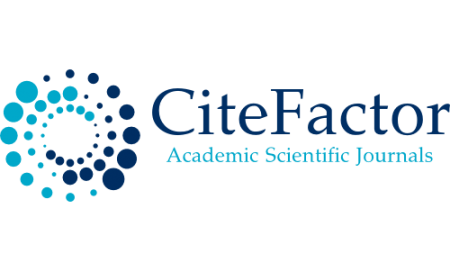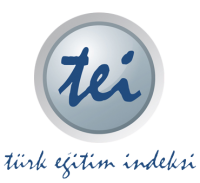-
SEI Journal Aims and Scope
Annotation
The journal publishes journal proceedings. The journal publishes original research by domestic and foreign authors in the field of science and innovation, as well as articles reflecting the application of these original research in the field of education. The management of the journal gives preference to articles on original and relevant topics. Articles on art, philology and humanities are not accepted. However, in 2019 and 2020, the number of articles on the pandemic (COVID 19) was low. There is no special edition. The publishing policy is not mass, but innovative. Our motto: success cannot be accidental. The journal is published entirely in English so that foreign authors can read it.
Aim
The purpose of the journal "Science, Education and Innovation" is the synthesis of science and education, the application of innovative ideas of science in education. Innovations of modern science are sometimes not applied in education. Scientific innovations are observed, especially in all areas of the exact sciences. The purpose of the SEI journal is not to provide major historical articles, but to research and analyze recent developments and forecasts for the future. Education, science and innovation are the three sides of the triangle. Education and science are the key to the future and successful development of mankind. Innovations in science must be applied to education. Scientific innovations should be published and disseminated through scientific journals. It is very important to introduce scientific innovations in education. Education must be constantly updated and developed. This is the main purpose of a scientific journal. To promote the introduction of successful scientific discoveries and innovations in education.
Scope
The Science, Education and Innovation (SEI) Journal provides authors with the opportunity to publish their original research papers in the social sciences and science and innovation.- Physical Sciences and Technology
- Mathematical Sciences
- Chemical and Biological Sciences
- Geological and Mineralogical Sciences
- Sciences of Engineering
- Agricultural Sciences and Veterinary
- Economic Sciences (Business, Finance)
- Management and statistics
- Sciences of Law
- Pedagogical & educational Sciences
- Sciences of General Medicine
- Architectural Sciences
- Psychological Sciences
- Sociological Sciences
- Sciences of Political theory and International relations
- Earth Sciences and Astronomy
- Sciences of Microbiology
Note: Scientific articles on art, theater studies, poetry, culture, religion, morality, history and historical issues, general literature, literary criticism, historical figures are not accepted.







